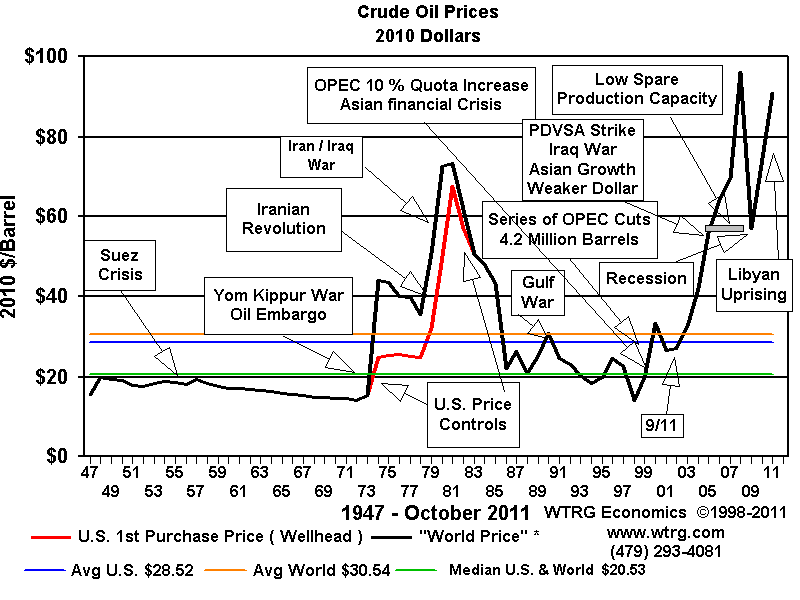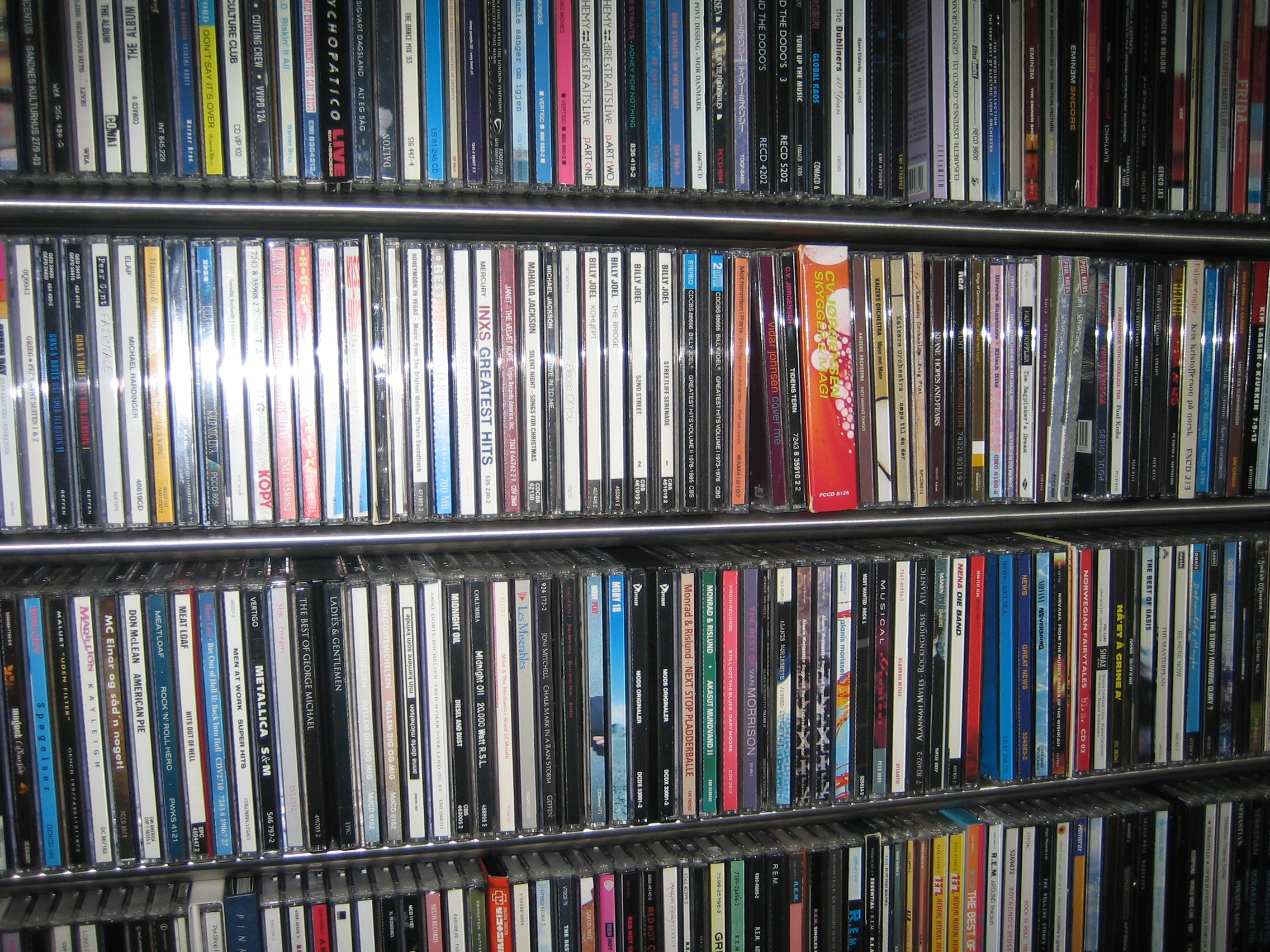Piracy has become part and parcel of discussions about media and the internet.
And everywhere in online discussion, from the biggest tech blogs to the smallest forum, people seem to have the same basic idea about piracy. Piracy is an evil that stems from entitled people wanting to get things for free. Furthermore, if we could find a way to do away with piracy – with the illicit copying of media using digital tools – the world will be a better, more prosperous place place.
But a new sweeping report, Media Piracy in Emerging Economies, lays bare a number of false assumptions about piracy and the laws we use combat it. It also contains no end of lessons for people concerned with piracy.
Piracy is Caused by Media Companies
The first lesson from the report is that piracy is something caused by the people who are trying to prevent it. It’s not that companies are telling people to go out and pirate. It’s that piracy crops up when media is not available easily and at a fair market price. It’s also possible that, as the report states, that even organizations as conservative as the MPAA are starting to realize this:
By 2009, however, it was possible to find even MPAA representatives with less Manichean views of unauthorized use and strikingly different accounts of piracy’s relationship to the licitmarket. In interviews in 2009, the director of special projects, Robert Bauer, sketched outa different agenda for the industry group: “to isolate the forms of piracy that compete with legitimate sales, treat those as a proxy for unmet consumer demand, and then find a way to meet that demand.”
Market Price is Everything
Another crucial nugget to come out of the report is that pricing is everything: that piracy also stems from when media companies price their goods – which occupy an hour or two in someone’s week – in a manner totally out of whack with the value of the object in someone’s life. As Felix Salmon points out, looking at foreign markets as an example:
But the irony is that if governments and corporations really wanted to build such a culture [of media purchasing], then they would encourage companies to set their prices low enough that the populations of those countries could actually afford to buy music, movies, and software at the full legal retail price. It turns out that domestic companies are quite good at distributing media at low prices, and can build profitable businesses by doing that. But foreign companies have different incentives in the short term, and don’t do that.
What’s clear here is that piracy makes sense when, for example, you earn $100 a month and a film costs $15 on DVD. But we can extend this to say that even when you earn $2000 a month – but a film on iTunes that you can only watch on specific devices and is lower quality than disc versions, yet costs $20 – the value proposition of legit media can also seem suspect, even in wealthier parts of the world.
Piracy Does Not Rob Content Creators of Money or Kill Creativity
A pirated movie or song does not equal a lost sale. There’s no reason to believe that someone who pirates a film would have gone out and spent $15 or $20 to go and see that film in the cinema or buy it on disc. So statistics that the movie industry is losing $50 billion a year are bunk, as they are always based on the idea that a pirated movie equals a lost sale. It doesn’t.
But furthermore, as Felix Salmon again points out, piracy doesn’t mean the end of creativity. Indeed, it can often mean the beginning of a new approach to a community of music, such as happened in Bolivia after piracy killed the ‘legitimate’ music industry and was replaced by a thriving culture.
The Idea of Ownership Has Changed
But more than anything, what the report is great at pointing out is that our relationship to media has changed. Whereas it was once this thing you collected because you had an emotional attachment to it, our connection to media is now like a stream we wade in – it’s all around, and as it just flows by us, we pick out bits and pieces. But the very idea of buying a specific piece of media for a set price seems to be undergoing profound change.
With regard to recorded media, however, our work highlights a more specifc transformation in the organization of consumption: the decline of the collector and of the intentional, managed acquisition that traditionally defined his or her relationship to media. In our view, this notionalconsumer still organizes a large part of the cultural field and a significant share of the business models and supply chains for audiovisual media. But it is also clearly a shrinking cultural role, defined by income effects and legacy cultural practices…Such numbers describe music and, increasingly, video communities that share content by the tens or hundreds of gigabytes—sizes that diminish consumers’ abilities to organize or even grasp the full extent of their collections… On such scales, many of the classic functions of collecting become impersonal, no longer individually managed or manageable. A related effect is that personal ownership becomes harder to specify and measure: consumer surveys are poorly adapted to mapping terrain where respondent knowledge is unreliable… Increasingly, we live in an ocean of media that has no clear provenance or boundaries.





great post